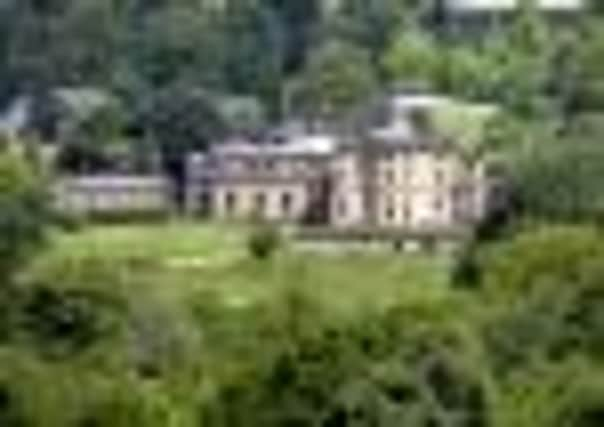Yorkshire treasures at risk as VAT relief scrapped


A stark warning has been issued by heritage experts and listed property owners who fear historic buildings may fall into disrepair and even face demolition as the price of already costly projects soars by 20 per cent.
The controversial “heritage tax”, which starts in October, could threaten the future of more than 30,000 listed buildings in Yorkshire, excluding places of worship, which are exempted after a Treasury U-turn.
Advertisement
Hide AdAdvertisement
Hide AdIt poses a particular threat to the 103 Grade I, II* and II listed buildings identified by English Heritage’s At Risk register as seriously in danger of being lost forever.
Of these, 42 are in North Yorkshire – the highest number of properties outside London.
The move could also leave organisations such as the Yorkshire Buildings Preservation Trust unable to continue their work to rescue dilapidated historic buildings.
Trustee Chris Cobley said it was “touch and go” whether the not-for-profit trust, which restored Grade I-listed Kettlethorpe Hall in Wakefield, could find the funding for another project.
Advertisement
Hide AdAdvertisement
Hide Ad“The difference between a viable and a non-viable project can be a very tight margin indeed.
“If an organisation like ours is seeking altruistically to restore buildings, not for profit nor to live in, but because the organisation believes such buildings are important and that’s why they are listed, then it’s very important they are given some sort of tax incentive to do the work that they do.”
Kevin Trickett, chairman of the Yorkshire and Humber Association of Civic Societies, said the added cost of VAT could make already costly restoration projects prohibitively expensive.
“Unless there is a change of heart, we run the risk of more listed buildings lying empty and falling into dereliction,” he said.
Advertisement
Hide AdAdvertisement
Hide AdThe move will hit practically the whole village of Saltaire, where nearly all the Unesco World Heritage Site’s buildings are listed, as well as other historically important places with a high concentration of listed properties, such as Haworth and Huddersfield.
Kevin Warnes (Green, Shipley)said the VAT change would affect the maintenance and refurbishment of listed buildings in Saltaire while raising very little additional revenue for the Government.
“It is a tax change that will benefit no one in any significant way and will undermine efforts to preserve and improve our fantastic world heritage site,” he said.
The scrapping of VAT relief, passed as part of the Financial Bill, will take effect from October 1 on projects where listed building consent was applied for after March 21 this year.
Advertisement
Hide AdAdvertisement
Hide AdConditions were relaxed to exempt places of worship and allow more time for projects to be completed after pressure from organisations such as English Heritage, the Heritage Alliance and the Listed Property Owners’ Club.
An English Heritage spokeswoman said: “We have long been seeking a fair and balanced application of VAT so listed buildings are not disadvantaged given the additional costs that can arise on specialised restoration work.
“We regret that in future alterations to listed buildings in private or charitable ownership will cost 20 per cent more as a result of VAT, even when those alterations are necessary for the conservation of the building or to ensure its long-term sustainable use.”